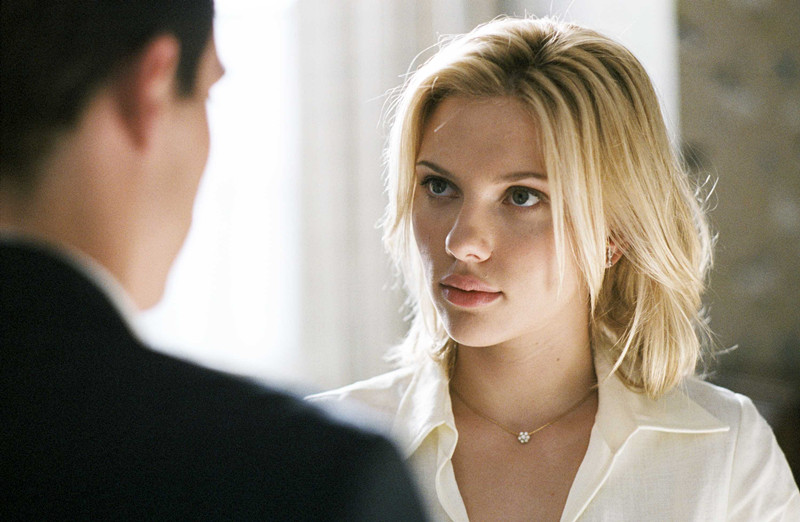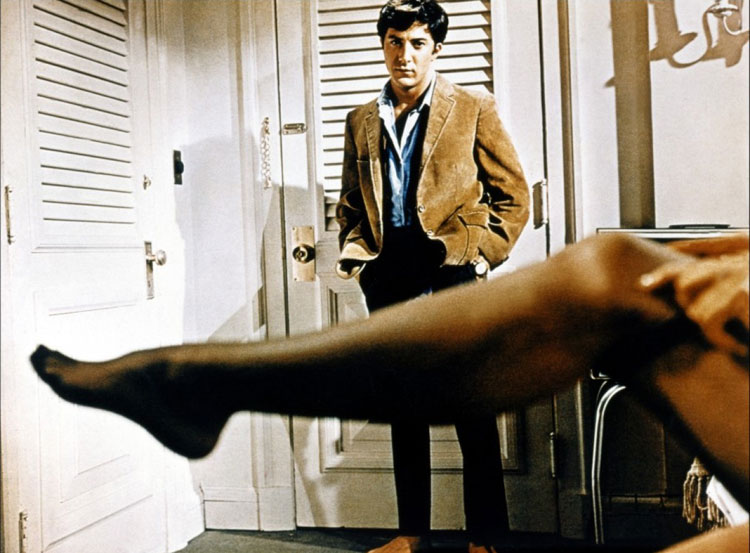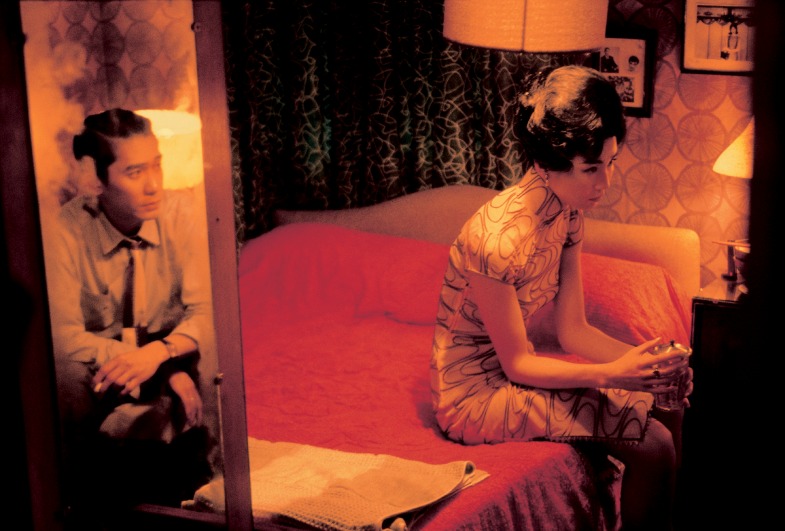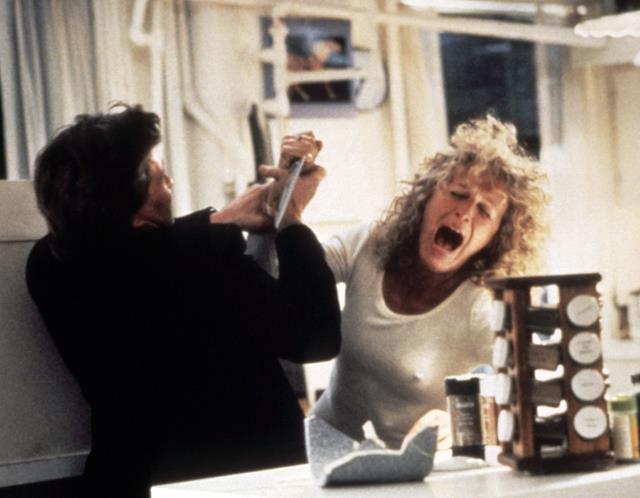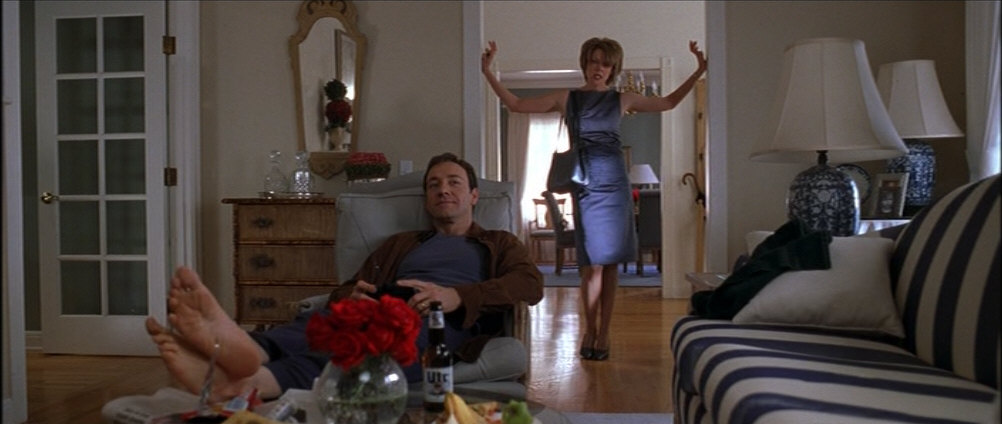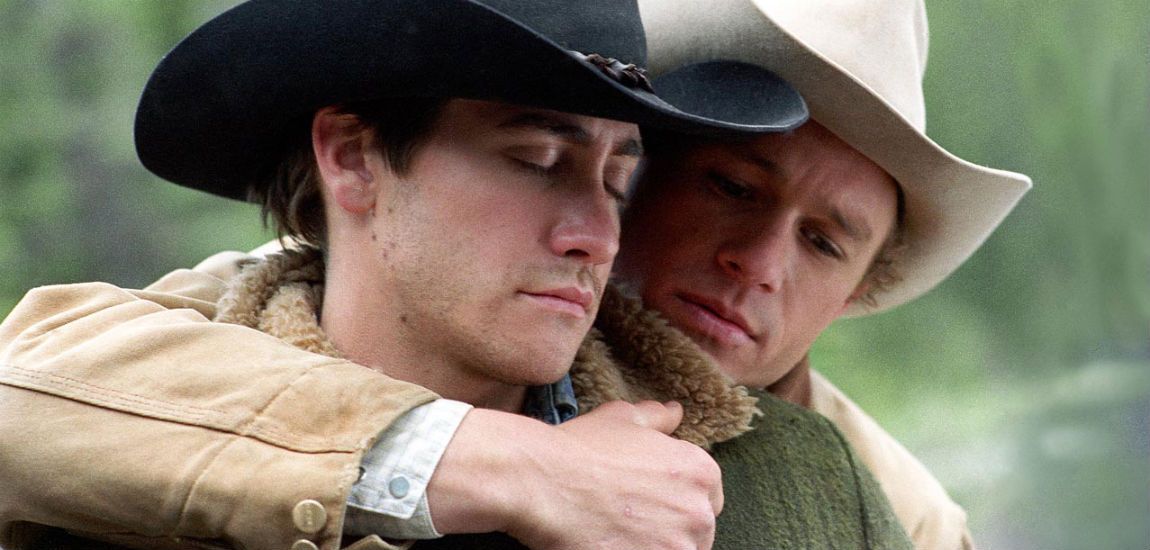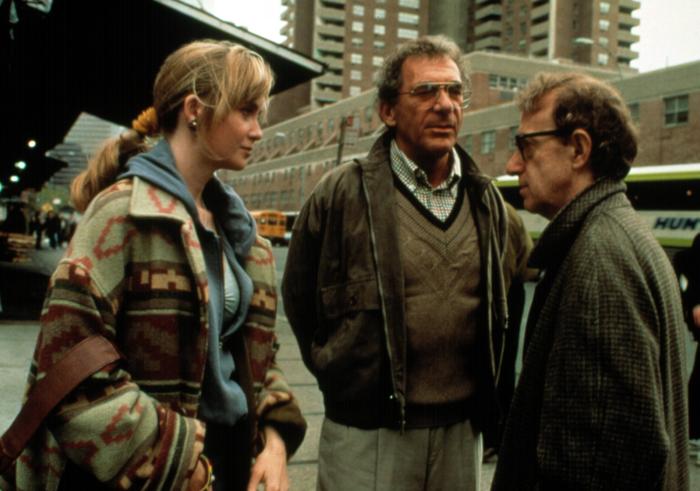Affairs – a word that conjures up a wealth of different emotions, be it the heady excitement of new love or the utter devastation that betrayal brings, as well as the tragedy that sometimes ensues.
These films look at this controversial subject from different perspectives, and so might justify adultery, shame it, understand it or explain it.
1. The Graduate (1967)
Mike Nichols’ comedy-drama based on Charles Webb’s novel, tells the story of an aimless 21-year-old recent college graduate Benjamin Braddock (Dustin Hoffman) who is seduced by his parents’ married friend, the older glamorous Mrs. Robinson (Anne Bancroft).
Their strange, awkward relationship begins when Mrs. Robinson propositions Ben after his birthday party when she tells him point blank, while completely naked, that she finds him very attractive. Benjamin is initially shocked and rejects her, but after a few days of boredom, he takes her up on her offer. Their affair seems emotionless.
Benjamin’s life remains as aimless as before, and his days of sunbathing and avoidance blend into each other, only to be punctuated by detached sex with his parents’ friend, who is not interested in him for his conversation.
Mrs. Robinson is an incredibly cryptic character, her intentions are never fully stated and her guilt regarding the affair escalates to horrific lies about its beginning. Her vulnerability seeps through her strong will as she tries to hold her family together.
In one rare scene where the two talk, she reveals that she only entered into a loveless marriage because she became pregnant with Elaine (Katherine Ross),who turns out to be more suitable for Benjamin than her mother, shifting them into an odd love triangle where Elaine is unknowingly competing against her mother.
With the help of a Simon And Garfunkel soundtrack, a witty and darkly funny script, straightforward directing and great actors, the film received seven Academy Award nominations for Best Picture (Lawrence Turman), Best Actor (Dustin Hoffman), Best Actress (Anne Bancroft), Best Supporting Actress (Katharine Ross), Best Adapted Screenplay (Buck Henry and Calder Willingham), Best Cinematography (Robert L. Surtees) and Mike Nichols won the Academy Award for Best Director. It also won 6 Golden Globe Awards and 4 BAFTAs.
2. In The Mood For Love (2000)
Wong Kar-wai’s Hong Kong film original Chinese title means “the age of blossoms” or “the flowery years”, which are Chinese metaphors for the fleeting time of youth, beauty and love. The story is set during 1962 where it follows two characters, journalist Chow Mo-wan (Tony Leung) and secretary Su Li-zhen (Maggie Cheung), who are both married to unseen spouses and live next door to each other.
Their spouses work late hours and leave them alone most of the time. Both lead empty lives. They bump into each other at the street noodle stall while getting their dinner for one. They soon suspect that their spouses are cheating on them with each other. Their spouses’ betrayal brings Chow and Su closer together, but they insist on never being as bad as them and letting things go too far.
Wong Kar-wai leaves the cheating couple off-screen, which is ingenious and incredibly innovative since movies about adultery are almost always about the adulterers. Their spouses’ love is commonplace, yet Clow and Su turn their relationship into a highly respectful and noble friendship that is not infected by lies and torturous shame.
While they are off-screen, Kar-wai figures out a way to include them through imaginary conversations Chow and Su have with each other when one is pretending to be the other’s partner. They imagine how their affair would have begun, who would have started it, how to confront them about it and multiple scenarios that serve to get their anguish out of their systems.
3. Fatal Attraction (1987)
Adrian Lyne’s psychological thriller adapted from an earlier 1980 short film by James Dearden for British television, “Diversion”, centres on a married Manhattan man Dan Gallagher (Michael Douglas) who has a weekend affair with an unstable woman Alexandra “Alex” Forrest (Glenn Close), while his wife, Beth (Anne Archer), and daughter, Ellen (Ellen Hamilton Latzen), are out of town.
Alex becomes obsessed with him, refuses to accept that it is over and clings to him as her behaviour spirals out of control. Glenn Close’s chilling portrayal made many male viewers squirm as she attempts suicide, blackmail and becomes ever more psychotic in her bid to win him back. The tension runs high throughout the film as Dan struggles to stop his life from unravelling.
With psychological realistic dialogue and acting, Lyne allows the audience to be baited just as much as Dan is by Alex’s flirty conversation and the easiness of a one night stand, and is then spun around to discover that this cool, confident woman is crazy, possessive and severely jealous who just has more than enough ammunition to destroy his perfectly happy life.
It received six Academy Award nominations, including Best Picture, Best Leading Actress for Close, Best Supporting Actress for Archer, Best Directing for Lyne, Best Film Editing, and Best Adapted Screenplay for James Dearden.
4. American Beauty (1999)
Written by Alan Ball (True Blood, Six Feet Under) and directed by Sam Mendez, “American Beauty” centers on Lester Burnham (Kevin Spacey), an ordinary man in the throes of a mid-life crisis. Bored and underappreciated in both his office job and dead marriage to Carolyn (Annette Bening), both of them seek comfort in other people.
Lester becomes infatuated with his daughter’s (Thora Birch) 16-year-old aspiring model friend Angela (Mena Suvari). Her presence awakens him from his dull and inferior life, while his wife’s passion is revived by Buddy Kane “The King” (Peter Gallagher) of real estate, who happens to be her business rival. She tries to find the long forgotten feelings of child-like glee, happiness and danger during her affair and hardly notices her “chronic loser” of a husband quitting his job, getting a new one at a fast food joint, starting to exercise to “look good naked” for a sixteen-year-old girl and getting high off the neighbor kid’s (Wes Bentley) weed.
Although they are married, they live completely different lives that are punctuated by hateful silences that they share with each other. They are beyond caring about each other and barely care if the other has lost interest and has moved on to someone else. The film won Academy Awards for Best Picture, Best Director, Best Actor (for Spacey), Best Original Screenplay and Best Cinematography (for Conrad Hall).
5. Brokeback Mountain (2005)
Ang Lee’s romantic drama adapted from the 1997 Annie Proulx’s short story of the same name follows two cowboys, Ennis Del Mar (Heath Ledger) and Jack Twist (Jake Gyllenhaal), who herd sheep throughout the summer in the Wyoming Mountains as they develop a complex, secret relationship with each other.
Both hired by Joe Aguirre (Randy Quaid) in 1963, the two spend their days and night alone with each other in the American West. After a night of heavy drinking, the two have sex making their once professional relationship all the more difficult.
After their time together ends badly, Ennis marries his longtime fiancée Alma Beers (Michelle Williams) and has two daughters with her, while Jack moves to Texas, where he marries, and has a son with Lureen Newsome (Anne Hathaway). Skip ahead four years when Jack visits Ennis, and the two rekindle their secret relationship behind the backs of their wives.
The film was nominated for eight Academy Awards, including Best Picture, Best Actor In A Leading Role (Ledger), Best Actor In A Supporting Role (Gyllenhaal), Best Actress In A Supporting Role (Michelle Williams), Best Cinematography (Rodrigo Prieto) and won three, including Best Director (Ang Lee), Best Adapted Screenplay, and Best Original Score. It also won four Golden Globes and four BAFTAs.
6. Husbands And Wives (1992 )
Woody Allen’s comedy-drama deals with two couples: Jack (director Sydney Pollack) and Sally (Judy Davis), and then Gabe (Woody Allen) and Judy (Mia Farrow), who have been best friends for years. It opens with a long, jerky documentary style take as it captures Gabe and Judy reaction to the news of their friends’ separating.
Judy responds particularly badly to their separation, acting similarly to a child learning that their parents are divorcing, or maybe even more so. Gabe is just confused at both their divorce and his wife’s overemotional reaction while the couple are relaxed and insisting that it will make them “grow”.
After some time, Gabe runs into Jack and finds out that he already has a girlfriend who is half their age. She is a blonde, attractive aerobics instructor who has changed his life for the better by making him get healthy by going on a diet, running with her and other indoor vigorous activities.
It is soon shown that he was having an affair with her when he was still married to Sally and Sally, who knew of this, turns from her new-found independence to grieve over her lost marriage. Jack’s attraction to youth as an attempt to get a “do-over” is reflected in Gabe’s serious interest in one of his students (Juliette Lewis), who has had multiple affairs with older men before meeting Gabe.
It was nominated for the Academy Award for Best Actress in a Supporting Role (Judy Davis) and Best Writing (Woody Allen).
